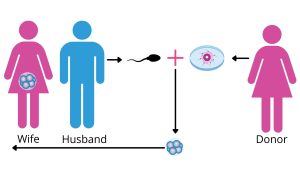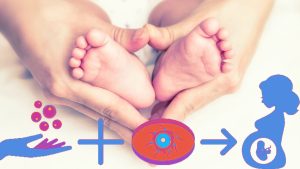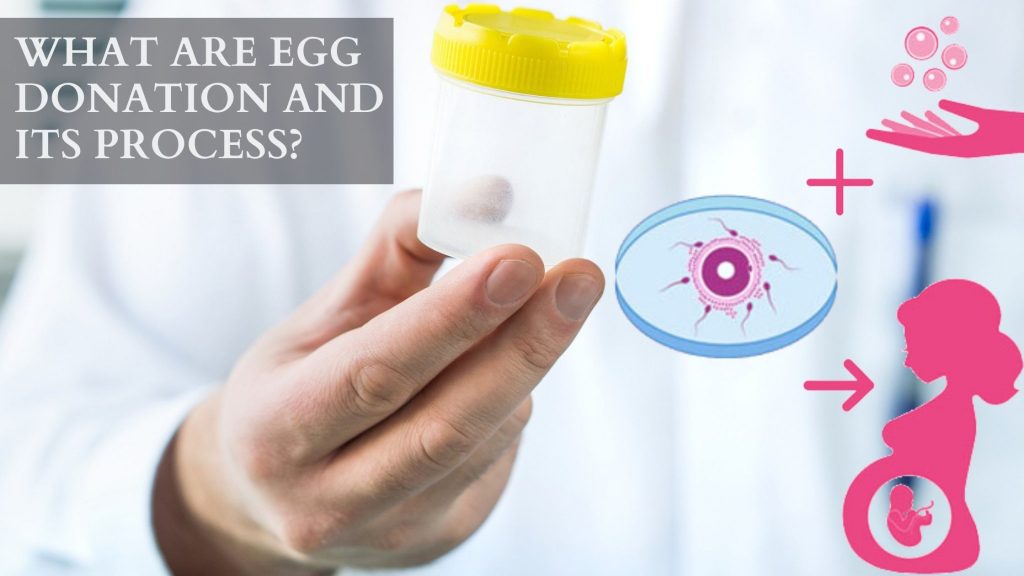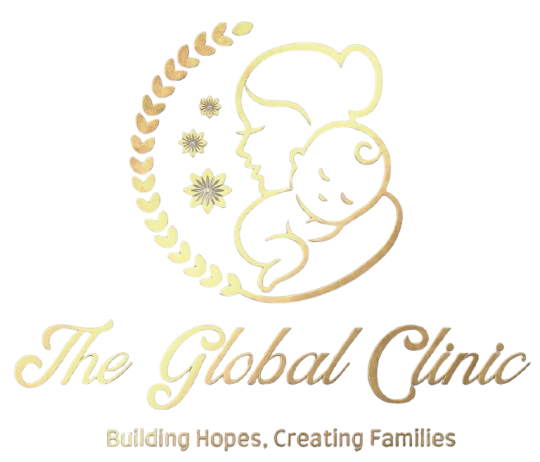A fertile woman donates an egg, or oocyte, to another woman to assist her in becoming pregnant.
In most cases, a fertility & IVF specialist takes an egg or eggs from the donor, fertilizes them in a laboratory, and then transfers the resulting embryos into the recipient’s uterus. Doctors use an implantation method, such as in-vitro fertilization, to accomplish this (IVF).
Some or all of the embryos may be frozen by the facility’s doctors for later use or implantation in different women.
Women who are unable to utilize their eggs for a variety of reasons, including ovarian failure, preventing congenital abnormalities in the child, or old age, commonly benefit from egg donation.
We’ll look at the criteria for choosing donors, the operation itself, and the legal consequences of an egg donation in this post.
Who Uses Egg Donation?

– Couples who wish to have a biological child using the male’s sperm despite the woman having low-quality or no eggs.
– Women with no ovaries but a healthy uterus Women with genetic conditions don’t want their children to inherit
– Over 42-year-old women.
When considering using an egg donor, there are a lot of factors to think about. If you have a partner, begin by discussing these issues.
Egg Donation Process

- Hormone injections are given to the egg donor to stimulate multiple egg ovulation. Women naturally release one egg every month, however, injections enable a huge number of eggs to develop at once. Her fertility doctor arranges the operation once her eggs are ripe and ready to be extracted.
- The egg donor is anesthetized, and her doctor removes each egg from each mature follicle using an ultrasound-guided needle. Using the recipient’s partner’s sperm or selected donor sperm, the lab will attempt to fertilize multiple eggs in a laboratory. In vitro fertilization is the term for this procedure (IVF).
- The embryo (fertilized egg) is then implanted into the uterus of the recipient.
The donor and recipient’s cycles are synced with medication in a new transfer cycle.
The embryos are stored and transplanted at a later date in a frozen transfer. Preimplantation genetic screening for aneuploidy (an aberrant number of chromosomes) is occasionally conducted using frozen transfers.
The embryo will implant into the uterine lining and develop into a healthy baby if it is successful. Egg donors are generally healthy young women between the ages of 21 and 30.
The fertility center’s specialists will perform a thorough screening process to identify a suitable donor and will carefully walk you through the legal processes.
Most donors may need to take medicine to interrupt their regular menstrual cycle before beginning the process.
The following are possible side effects of this medication:
- hot flashes
- headache
- fatigue
- body aches
The donor will next be given a series of fertility medications that will encourage the ovaries to generate several eggs at the same time. Hyperstimulation is the term for this. This medicine will be self-administered by donors by injecting it beneath their skin or into a muscle.
If you are struggling with fertility issues and are looking for IVF Doctor In Greater Noida, Contact Dr.Ramya Mishra Shukla.




